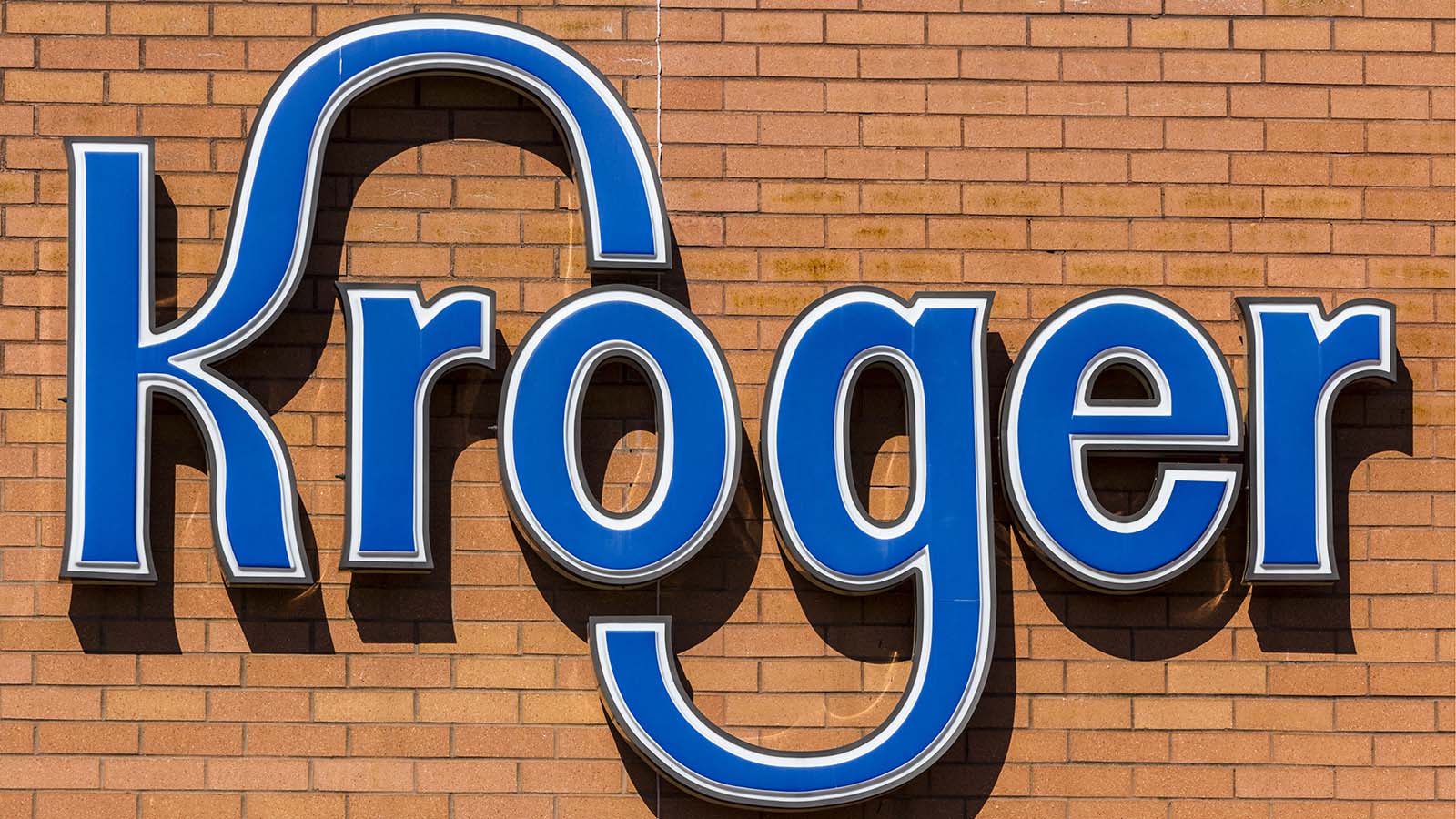Michael Joseph Donnelly Sells 17600 Shares Of Kroger Co Kr Stock

The executive movements within corporate governance often serve as a microcosm of a company’s strategic direction and its overall health. Recently, Michael Joseph Donnelly, an executive affiliated with Kroger Co. (ticker: KR), made headlines after selling 17,600 shares of the supermarket giant's stock. This significant divestment raises several questions about the company's current standing, potential future trajectories, and the broader implications for its shareholders.
Founded in 1883, Kroger has burgeoned into one of America's largest supermarket chains, renowned for its vast array of grocery items and its foray into pharmacy and personal care sectors. As the retail landscape evolves, fueled by shifting consumer preferences and digital transformation, Kroger remains a pivotal player. However, executive stock sales can signal myriad things—ranging from individual investment strategies to pressing corporate issues. Understanding this intricate dynamic is essential for stakeholders.
Michael Joseph Donnelly’s decision to liquidate a considerable portion of his holdings necessitates a closer examination of both Kroger’s recent performance and the circumstances leading to such a significant sale. Stock disposals by high-ranking executives are not uncommon, but when they involve tens of thousands of shares, they can invoke scrutiny and speculation regarding motives.
Analyzing the timing of Donnelly's stock sale is paramount. The retail sector, particularly grocery chains, has witnessed fluctuations due to various factors including inflationary pressures, supply chain disruptions, and changing consumer habits in the aftermath of the COVID-19 pandemic. Kroger, like its contemporaries, has had to navigate these choppy waters while simultaneously addressing the evolving preferences of shoppers. For instance, the increasing preference for online grocery shopping necessitates a robust digital strategy, which Kroger has been developing through various initiatives.
Moreover, the economic landscape has been rife with challenges that could explain Donnelly’s motivations. A rise in interest rates, coupled with heightened inflation, has caused many consumers to tighten their purses. This omnipresent economic concern has compelled grocery chains, including Kroger, to adapt their pricing strategies. Although Kroger has positioned itself as a cost leader, concerns linger about maintaining profitability amid escalating costs and market competition from aggressive rivals like Walmart and Amazon.
Following the announcement of Donnelly’s stock sale, Kroger’s stock price experienced notable movements. Such fluctuations often reflect investor sentiments and perceptions of the brand's efficacy. If the market interprets the sale as a sign of impending struggles or a lack of confidence from the insiders, stock prices might decline; conversely, if interpreted as a strategic reallocation of investments, the impact may be negligible or even positive. Thus, the nuances within this scenario necessitate careful evaluation.
In recent discussions surrounding Kroger's operational strategies, discussions have surfaced regarding the company's commitment to sustainability and its environmental objectives. As consumers increasingly prioritize brands that embody corporate social responsibility, Kroger has embarked on several promises, including reducing greenhouse gas emissions and enhancing waste management practices. Analysts argue that how well the company threads sustainability into its brand identity could play a critical role in its long-term success and whether it aligns with evolving consumer values.
Furthermore, Kroger has taken strides in strengthening its digital platforms and delivery systems. By investing in technology, the company has endeavored to streamline its operations, catering to the modern consumer's preference for convenience and speed. The grocery sector's adaptation to digital trends hasn’t been uniform; hence, Kroger's strategic emphasis on e-commerce could position it favorably relative to competitors. The success of these initiatives will undoubtedly influence the stock's performance, making it imperative for investors to remain vigilant about past and ongoing investments.
Shareholders of Kroger could take note of the broader implications following Donnelly’s stock sale. While executive stock transactions should not automatically invoke concern, they can provide insights into a company's strategic positioning. For investors, understanding the context surrounding such sales can facilitate informed decision-making. Leadership actions are often scrutinized for potential signals they send about a company's outlook.
On the corporate governance front, Kroger’s board of directors plays a pivotal role in guiding the company's strategic objectives. The board’s commitment to transparency, ethical standards, and robust risk management processes becomes crucial in ensuring stakeholder trust, particularly during periods of uncertainty. As strategic shifts occur, so too must the leadership approach—balancing both innovative strategies and risk mitigation will be key to the company’s ongoing success.
In conclusion, Michael Joseph Donnelly's decision to sell 17,600 shares of Kroger Co. opens a myriad of inquiries regarding the company's future, potential risks, and the wider market dynamics at play. As the grocery sector continues to navigate an uncertain economic landscape, Kroger's response in terms of operational strategies, leadership adaptability, and commitment to consumer needs will ultimately dictate its performance. For stakeholders, the juxtaposition of executive actions and corporate accountability remains paramount, serving as a reminder of the intricate relationship between leadership decisions and market reactions.
Post a Comment